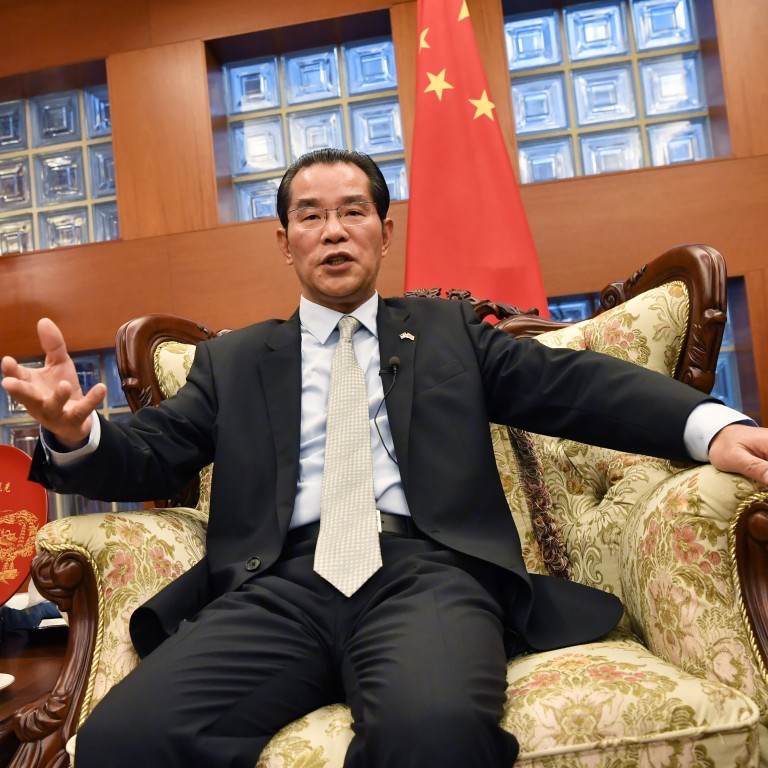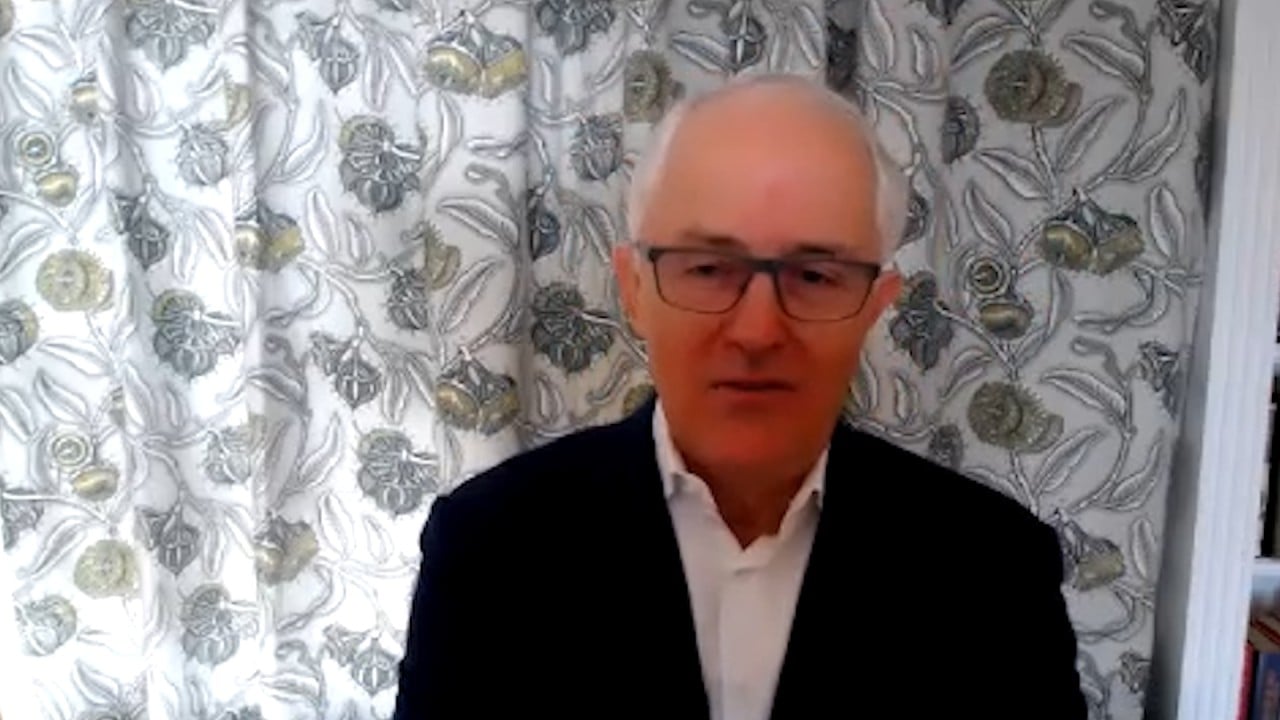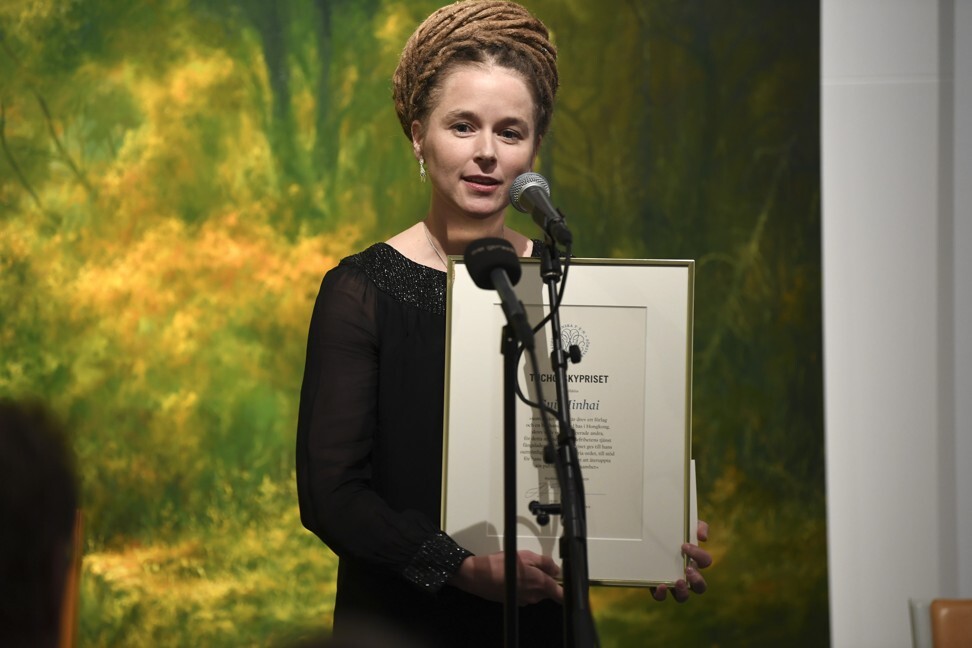
Why China’s fiercest Wolf Warrior in Sweden was just fighting the good fight
- Gui Congyou, who ended his term as Chinese ambassador last month, gained notoriety with his unusually strident, confrontational posture
- But ‘shotgun’ diplomats such as Gui are only responding to the leadership’s calls for a ‘fighting spirit’ against the Western plot to contain China
His controversial remarks reportedly saw Gui summoned by the Swedish foreign ministry more than 40 times in the first two years of his stint. And, over the last two, there were repeated calls in Sweden for Gui to be declared persona non grata.
Calls for Chinese envoy to be thrown out of Sweden amid diplomatic storm
With Gui as the face and voice of China in Sweden, it was not surprising that he was blamed for bilateral ties plunging to a new low. The senior diplomat, a postgraduate in law and Russian affairs specialist, clearly had a few lessons yet to learn on diplomatic tact.
It is still unclear just how much influence diplomatic veterans like Gui and other Wolf Warriors may have on China’s opaque, top-down foreign policy establishment. There are few signs that frontline diplomats get to make operational decisions or set the diplomatic agenda. Rather, they are merely the executors of decisions dictated by the leadership.
It is also worth noting that a rapid shift in the balance of power between China and the United States, especially the fact that Beijing appears to be catching up with Washington faster than expected, may have caught Chinese leaders and diplomats unprepared.

00:59
China's ‘wolf warrior’ diplomacy counterproductive, says former Australian PM Turnbull
As Beijing struggles to continue its ascendancy, defying an increasingly hostile world, Chinese diplomats have often found themselves under the uncomfortable spotlight of international scrutiny.
On the one hand, they are themselves not used to China’s newly acquired status as a global power, while on the other, they grow increasingly impatient with what they see as nitpicking criticism about China, and refuse to accept that they may be in the wrong.
For them, China is and will always be on the defensive, and Wolf Warrior diplomacy, such as Gui’s talk of shotguns, is a natural response to the Western plot to contain China.
Cultural Revolution to Wolf Warrior: Chinese envoys on edge of new era


